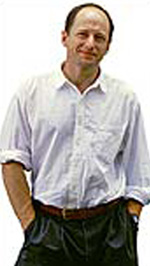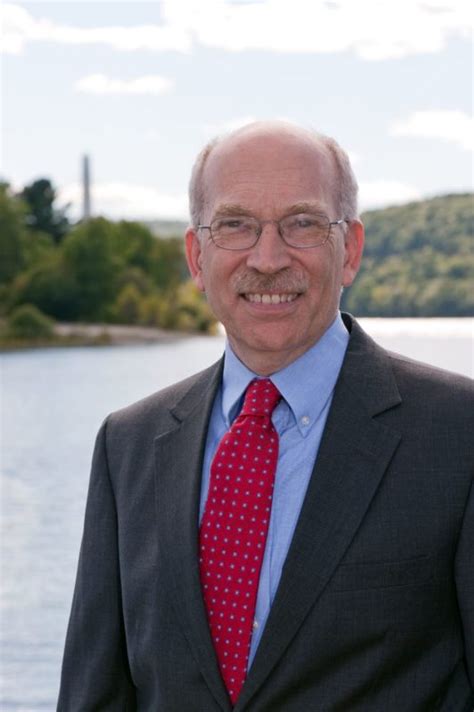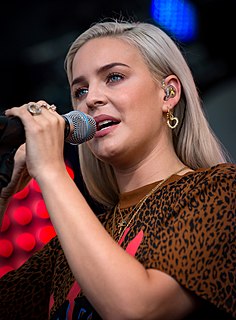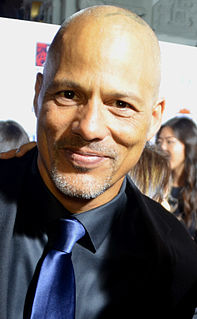A Quote by Danielle Trussoni
I taught myself to write in order to understand who I was and so yes, writing was an act of self-actualization in the beginning.
Related Quotes
Thoughts are created in the act of writing. [It is a myth that] you must have something to say in order to write. Reality: You often need to write in order to have anything to say. Thought comes with writing, and writing may never come if it is postponed until we are satisfied that we have something to say...The assertion of write first, see what you had to say later applies to all manifestations of written language, to letters...as well as to diaries and journals
When one crosses over from an activity, or the verb, of writing or doing, and becomes a noun, like "a writer" I think that is an act of supreme self-consciousness that I've never, in effect, made. I write, but I don't like to think of myself as a writer. I think it's somewhat self-aggrandizing and pretentious. Now, I am a teacher.
I try to tell student writers to read as much as possible, not only literature but philosophy, theory, and to form obsessions. There's a big taboo in fiction creative writing workshops against using the self at all, and I think I try to encourage students to write the self, but to connect the self to something larger, which is to be this thinking, seeing, searching, eternally curious person, and that writing can come out of investigating and trying to understand confusion, and doubts, and obsessions.






































